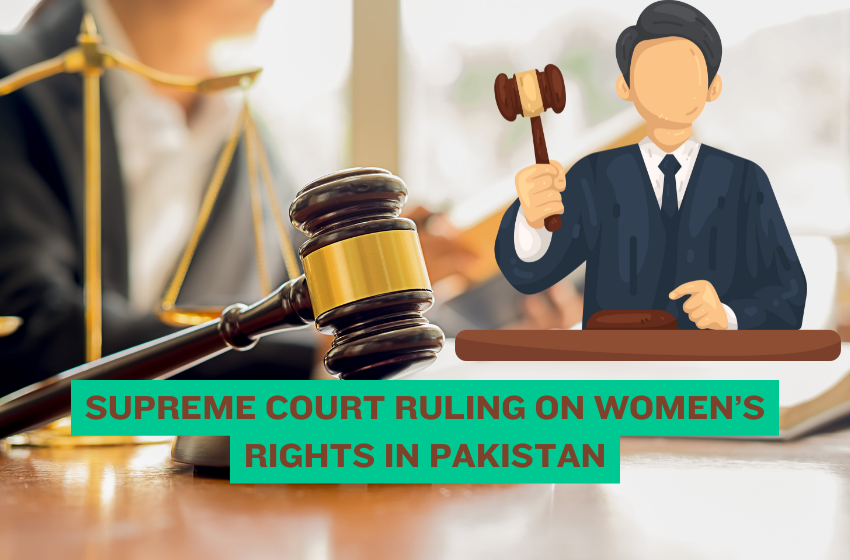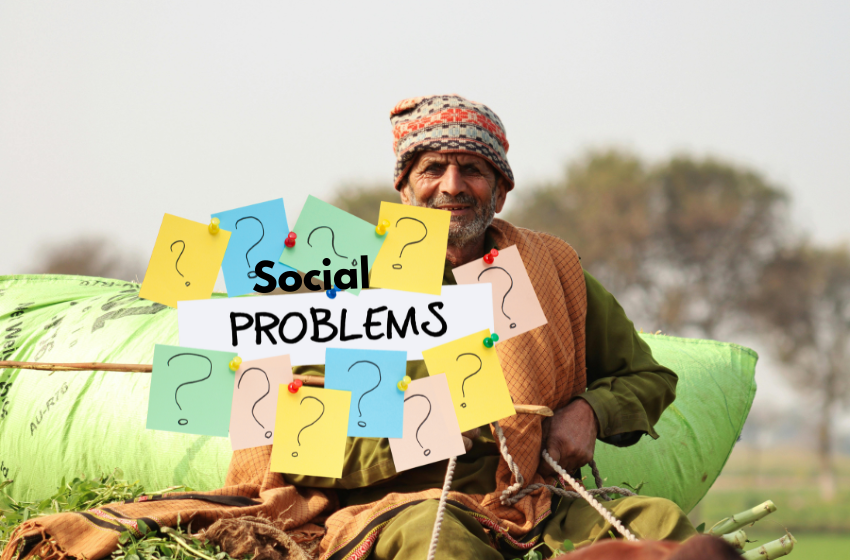
Supreme Court Ruling on Women’s Rights in Pakistan
The Supreme Court ruling on women’s rights in Pakistan confirmed that a woman’s legal and social status remains the same after marriage or divorce. It ensured that women continue to enjoy equal constitutional and basic rights at all times. The Court clearly stated that women continue to hold their constitutional and fundamental rights in every situation.
According to Dawn News, the Court clarified its earlier judgment. It said that women’s participation in public life is a basic right, not a special privilege.
Justice Syed Mansoor Ali Shah said that when women take part in fields like education, health, policy, and justice. Their active role, he added, also leads to stronger and fairer governance. The Court nullified a February 2024 order of the Khyber Pakhtunkhwa Service Tribunal, Peshawar.
Read Also: Pakistani Youth Power: The Backbone of the Nation
Justice Shah earlier said that women’s legal rights and freedom do not end with marriage. On Thursday, he added that women’s equal role in public life supports social progress and democracy.
He explained that this idea matches the global Sustainable Development Goals (SDGs). It also aligns with laws that promote equal chances for men and women in public service.
The case involved Farakh Naz, an employee of the KP Education Department. She got her job after her mother’s retirement under a special quota.
Her appointment was later canceled when she got married. The decision was based on an old letter that excluded married women from the quota.
Farakh Naz appealed against her removal, but both departmental and tribunal appeals were rejected. Justice Shah said that lawmakers must see women as independent people, not as dependents of men.
He declared that treating women differently because of marriage hurts their dignity and equality. Such thinking, he added, also harms society and future generations.
Justice Shah said marriage cannot take away a woman’s personality or constitutional rights. The idea that a woman always depends on her father or husband is against the Constitution.
He noted that this belief weakens a woman’s individuality and denies her identity as an autonomous person.
Quoting American philosopher Martha Nussbaum, he said a society that limits women’s potential cannot achieve true justice.
In conclusion, the Supreme Court ruling on women’s rights in Pakistan stands as a milestone for equality, freedom, and respect for women in all areas of life.









